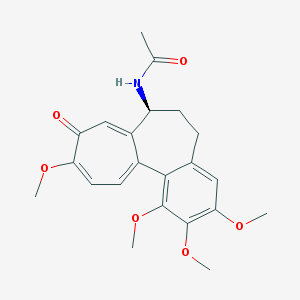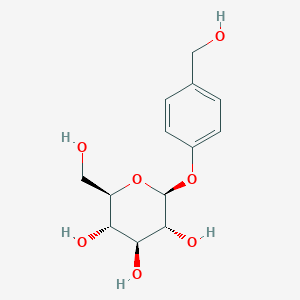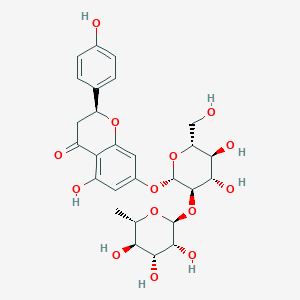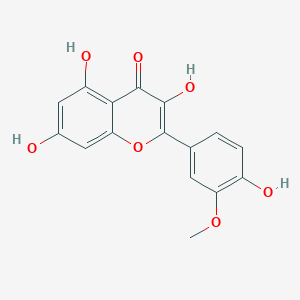Description
Colchicine has been used for centuries to treat a variety of medical conditions, including gout, a type of arthritis caused by the accumulation of uric acid crystals in the joints.
Colchicine reduces inflammation and pain by inhibiting the movement of white blood cells into the affected joint. It also helps to prevent the formation of uric acid crystals, which can cause additional joint damage.
Colchicine has been studied for its potential benefits in the treatment of other conditions besides gout, such as familial Mediterranean fever (FMF), a genetic disorder that causes recurrent episodes of fever and inflammation. By reducing inflammation in the body, colchicine may help to reduce the frequency and severity of FMF attacks.
Colchicine is a medication primarily used in the treatment and prevention of gout attacks and Familial Mediterranean Fever (FMF). It’s derived from a natural compound found in the autumn crocus, Colchicum autumnale.
Main Benefits:
- Gout Treatment: Colchicine effectively reduces the pain and inflammation associated with gout attacks. It works by decreasing the build-up of uric acid crystals in the joints, which is the cause of gout pain and inflammation.
- Prevention of Gout Flares: Regular use of colchicine can help prevent future gout attacks.
- Treatment of Familial Mediterranean Fever (FMF): It is beneficial for patients with FMF, a genetic disorder that causes recurrent fevers and painful inflammation of the abdomen, lungs, and joints.
- Anti-Inflammatory Properties: Colchicine has broad anti-inflammatory effects and is sometimes used to treat other inflammatory conditions, such as pericarditis (inflammation of the heart’s lining).
Application:
- Dosage: The dosage of colchicine may vary depending on the condition being treated. For acute gout attacks, it is often given in a higher dose at the onset of an attack, followed by a lower dose until the attack subsides. For FMF or the prevention of gout attacks, it is typically taken at a lower dose regularly.
- Administration: Colchicine is administered orally in tablet form.
- Considerations: It’s important to follow the dosing instructions carefully, as colchicine can cause serious side effects if overdosed. It’s also crucial to discuss with a healthcare provider before starting colchicine, especially for individuals with kidney or liver problems, as these conditions can affect how the body processes the medication.
- Side Effects: While colchicine is effective, it can have side effects like gastrointestinal distress, nausea, and diarrhea. In rare cases, it can cause more severe side effects, especially if overdosed.





